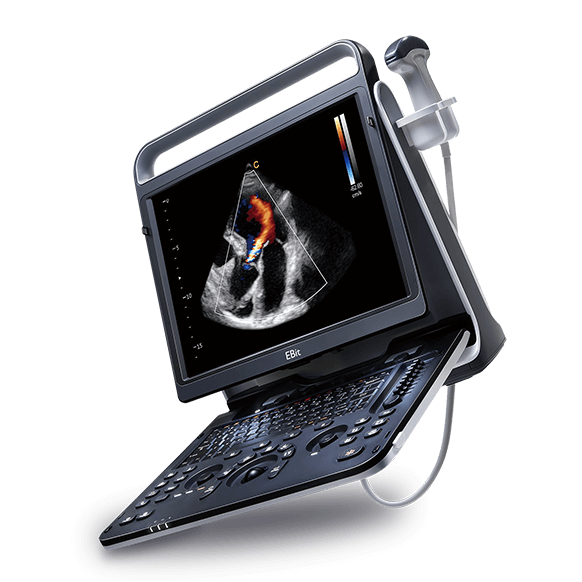Jun. 08, 2023
Health & Medical
Ultrasound machines are essential tools in modern medical practice, allowing healthcare professionals to visualize and diagnose various conditions. With advancements in technology, there are now numerous options available, each designed for specific medical specialties and applications. Choosing the right ultrasound machine for your medical practice requires careful consideration of several factors. This article will provide guidance on selecting the most suitable ultrasound machine to meet your practice's needs.
Begin by assessing the specific requirements of your medical practice. Consider the medical specialties you cater to and the types of exams commonly performed. For example, if you specialize in obstetrics and gynecology, you will need an ultrasound machine with specialized features for prenatal care. Determine the frequency and complexity of the exams you conduct, as well as any unique imaging needs.
Different ultrasound machines offer varying imaging capabilities. Consider the image quality required for accurate diagnosis in your practice. Look for features such as high-resolution imaging, advanced image processing algorithms, and color Doppler capabilities for assessing blood flow. Some machines may also offer 3D or 4D imaging capabilities, which can be beneficial in certain specialties like cardiology or radiology.

Consider the portability and ergonomics of the ultrasound machine. If you require mobility or anticipate conducting exams in various locations, a portable or handheld device may be suitable. Evaluate the size, weight, and ease of use of the machine, ensuring it can be comfortably maneuvered by the healthcare professional during exams. Features like adjustable monitor position and intuitive user interfaces can enhance the user experience.
In today's interconnected healthcare environment, consider the connectivity and integration options of the ultrasound machine. Evaluate its compatibility with electronic medical record (EMR) systems, picture archiving and communication systems (PACS), and other relevant healthcare software. Seamless integration allows for efficient data management, streamlined workflows, and improved communication among healthcare providers.
Reliable service and support are crucial when investing in an ultrasound machine. Research the reputation and track record of the manufacturer or supplier in terms of technical support, maintenance, and warranty coverage. Consider factors like availability of spare parts, responsiveness to service requests, and training opportunities for your staff. A strong service and support network will ensure the smooth operation of your ultrasound machine and minimize downtime.
Finally, determine your budget for the ultrasound machine. Prices can vary significantly depending on the brand, model, features, and additional accessories. While it's important to stay within your budget, prioritize the essential features and capabilities that align with your practice's requirements. Consider the long-term return on investment and the potential revenue generation from offering specialized services.
Choosing the right ultrasound machine for your medical practice is a critical decision that impacts the quality of patient care and diagnostic capabilities. Assess your practice's requirements, evaluate imaging capabilities, consider portability and ergonomics, ensure connectivity and integration, research service and support options, and establish a budget. By carefully considering these factors, you can make an informed decision that aligns with your practice's needs, enhances diagnostic capabilities, and improves patient outcomes. More details please contact CHISON
Related
Previous: Types of Disposable Nurse Caps
Next: Exploring the Benefits of Natural Plant Capsules for Dietary Supplements
If you are interested in sending in a Guest Blogger Submission,welcome to write for us!
All Comments ( 0 )